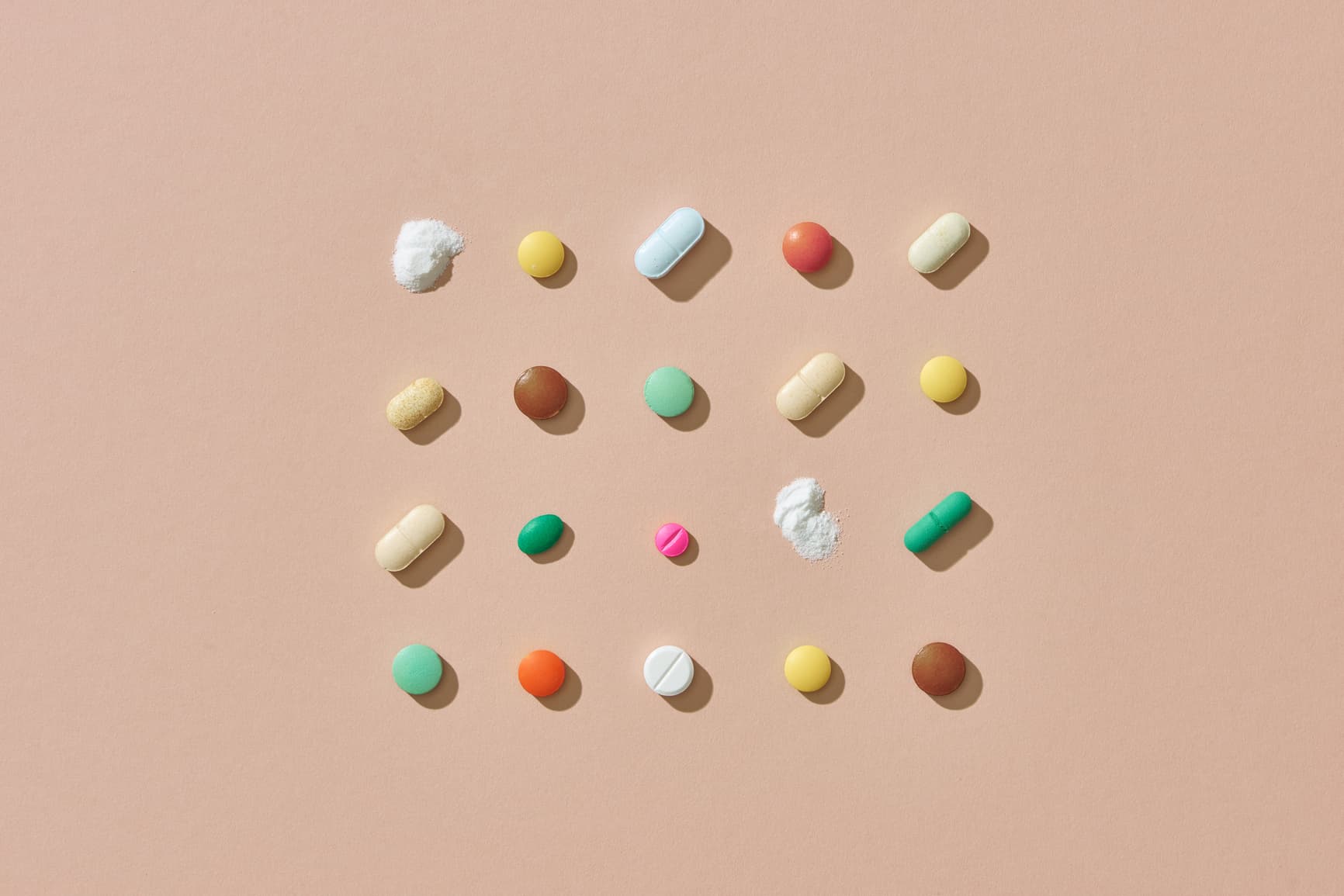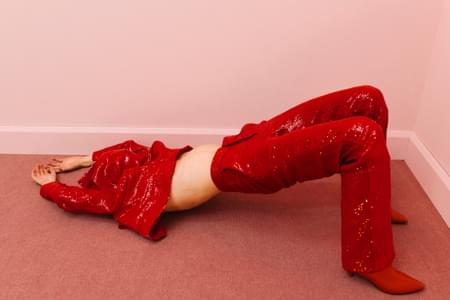This website will offer limited functionality in this browser. We only support the recent versions of major browsers like Chrome, Firefox, Safari, and Edge.
The Truth About Antidepressants and Sexual Side Effects in Women

Rosy Founder & CEO, Lyndsey Harper, MD recently had the opportunity to speak with Dr. Alyssa Dweck, a practicing gynecologist in Westchester County, New York, about sexual side effects of antidepressants. This can be particularly prevalent to the peri/pre/menopausal demographic, whose bodies are already undergoing huge hormonal changes.
Over the course of the conversation, [they] touch on how the use of antidepressants can affect physical issues, and sexual self-esteem, which impact sexual drive and function. Lifestyle changes, use of sexual wellness technology, like the Rosy app, and other forms of intimacy were suggested to combat sexual dysfunction while on antidepressants.
Do antidepressants lower sex drive?
Dr. Dweck: Decreased sexual drive or desire, and diminished orgasmic potential (otherwise known as anorgasmia or lack of orgasm) can be common side effects of many antidepressants. It takes the expertise of an astute mental health provider to tease out whether these symptoms are due to the actual [mental health] disease worsening, or the medication.
The use of medication to manage depression is not uncommon: from at least 2009-2018, the CDC reported an increase in the overall use of antidepressants in women and specifically those within the 60+ demographic. Nearly 25% of those studied stated that they had utilized some form of medication to address their depression - and those were just the ones who opted to report their use!
The good news is that being on antidepressants may be temporary. There are varied degrees and durations of depression and this can often dictate how long medication is required.
How is sexual enhancement for women affected when on antidepressants?
Dr. Dweck: What we can infer from some studies, is that SSRIs (selective serotonin reuptake inhibitors; a common family of medications used to treat depression) can have a negative impact on sexual function. Diminished desire, arousal and orgasm potential have been reported.
For women who are already experiencing hormonal transitions, including menopause, this can be extremely stressful and frustrating. Another important point to consider is that it’s certainly possible for some sexual symptoms to predate antidepressant use.
Are there ways to deal with the sexual side effects due to antidepressants?
Dr. Dweck: I would encourage women to be as honest and direct as they can be with their sexual partner(s) about any distressing symptoms; partners can't read our minds, after all. Similarly, candor is vital when these women see their clinicians, so an adequate treatment plan can be formulated. Communication is key. Relationship factors can also exacerbate arousal and orgasm potential for women and may need to be addressed with counseling. I often recommend Rosy, an online platform and forum with valuable resources to address distressing sexual concerns. Creating space to talk about sexual dysfunction and/or dissatisfaction is so important. Women need to know they’re not alone.
If sex is also physically challenging, how can issues like vaginal dryness be managed?
Dr. Dweck: Sexual dysfunction not only can impede libido and orgasm, but it also can contribute to a lack of arousal, lack of lubrication [or vaginal dryness] and sexual pain. Medical conditions which affect blood flow, such as heart disease or diabetes, can diminish blood flow, including to the genitals. Less blood flow means less natural lubrication and, subsequently, pain with sex.
Naturally, anticipating pain during sex can result in avoidance and diminished libido, over time. One well studied and promising dietary supplement, Ristela®, has been shown to work by optimizing genital blood flow. One study suggests that Ristela, taken by those women with diminished sexual function due to antidepressants, improved sexual satisfaction, desire and orgasm.*
What are some alternative [natural] treatments for vaginal dryness?
Dr. Dweck: If vaginal pain is why you're avoiding sex, I have the following recommendations. First, try a vaginal moisturizer, such as Revaree®, a well studied, FDA-cleared, hormone-free, hyaluronic acid based vaginal insert which is designed to be used every 2-3 days, on a regular basis. Lubricants during sex are also helpful. Vaginal dilators can be helpful to slowly, gently, and mechanically stretch the vagina and also to train the brain to allow vaginal muscles to relax since you can earn to not anticipate pain. Consider outercourse - activities that exclude penetration - like mutual masturbation, kissing and heavy petting, as well as oral or anal pleasure.
It is natural for gynecologists to manage sexual dysfunction from a medical perspective and often we are the first point of contact for those with sexual complaints. We are accustomed to managing vaginal dryness, pain, and hormonal issues. Sexual self-esteem is vital and of course associated with one’s weight, muscle tone and medical history. If one doesn’t feel sexy, they may not feel sexual.
Finally, the psychosocial aspects of sexual function may be best managed by a mental health professional who has interest and expertise in sexual health and relationships.
Here are four focus areas that women can adjust to increase their sexual satisfaction (regardless of their use of antidepressant medication):
Maintain a healthful diet (Dr. Dweck recommends a Mediterranean diet for its many benefits!)
Incorporate movement and exercise into your lifestyle
Create a “de-stress practice” - whether this is yoga, or meditation, mindfulness or breathing exercises
Prioritize romance - this is a big one!
Additional tips for how to orgasm if on antidepressants
Listen to or read erotica or romance.
Incorporate novelty and toys into sexual play or even planning a regular date night
The idea here is that you are introducing novelty and excitement to address sexual boredom that could be contributing to a lack of desire. This is especially common in long term, albeit very loving relationships.
Where can we go for more information?
Dr. Dweck: You can feel free to check out Bonafide’s blog, which speaks to the potential benefits of Ristela on sexual function in women on antidepressant medication. Additionally, Bonafide has a myriad of resources for women approaching or in the midst of menopausal changes, so you can find more at https://hellobonafide.com/.
Latest On XOXO Blog

Foods That Love Your Heart Back: A Dietary Guide to Cardiovascular Wellness
What you eat every day has the power to strengthen your heart—or strain it. Here’s how to make every bite count.

Stress vs. Burnout: How to Spot the Difference and Recover
Feeling constantly exhausted, unmotivated, and overwhelmed? You might be dealing with more than just stress—burnout could be the culprit.


